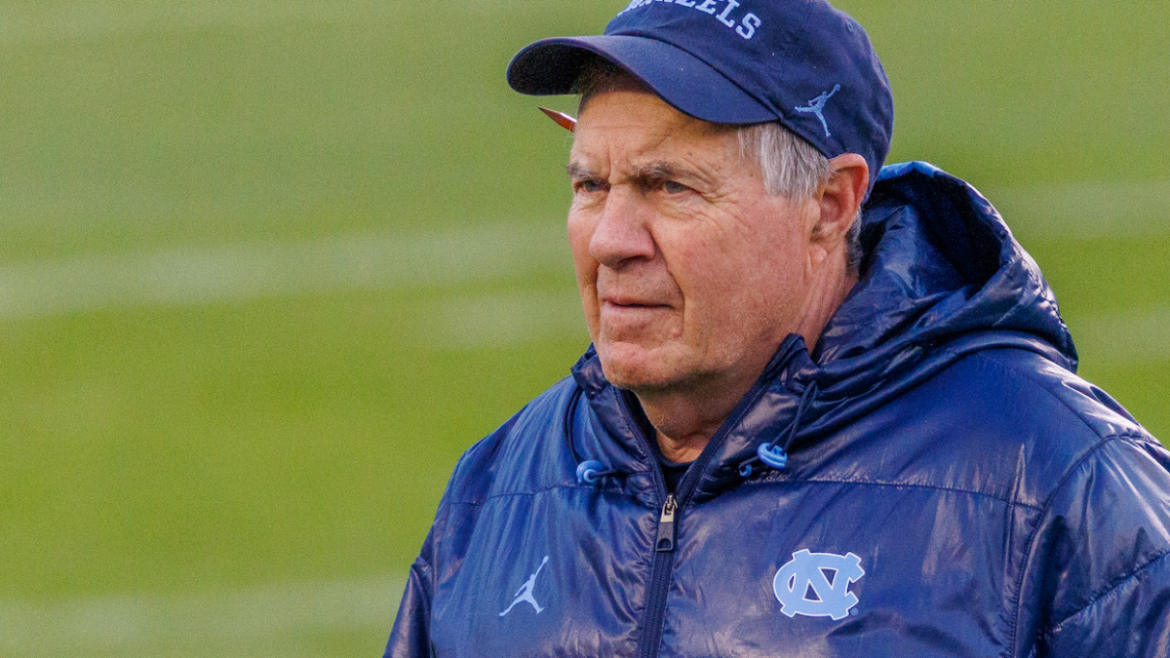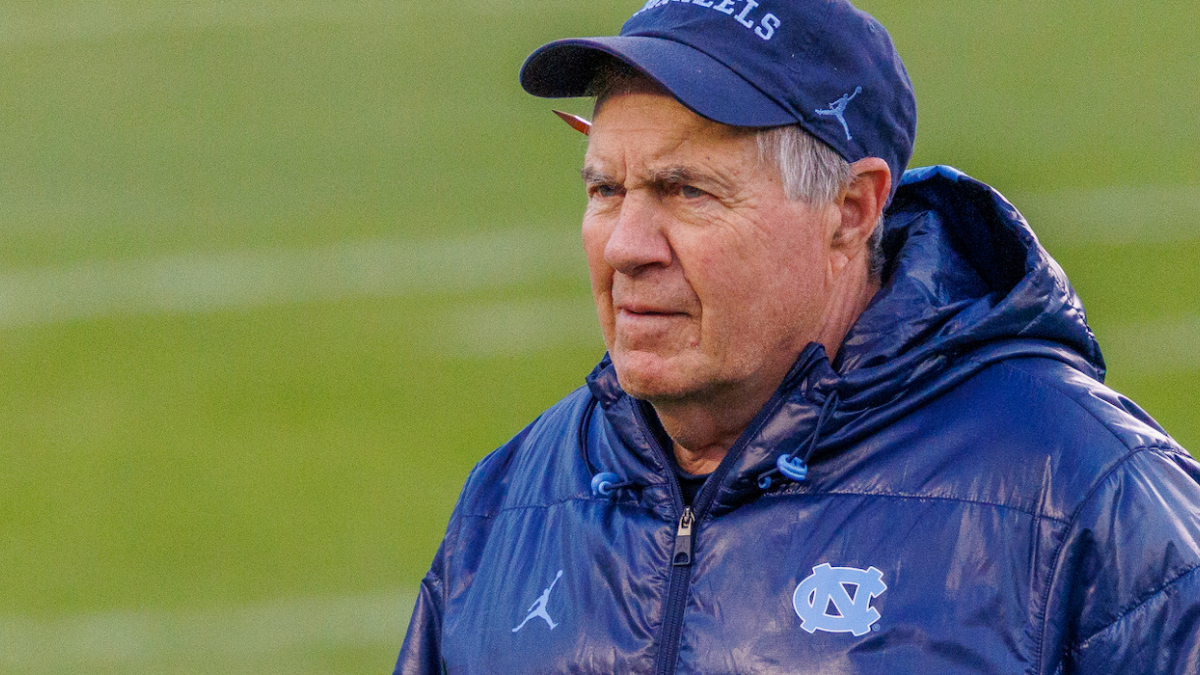Bill Belichick and Jordon Hudson at North Carolina: Unpacking the Controversy and Communication Dynamics
—
Introduction
The recent media attention on Bill Belichick’s tenure as North Carolina’s (UNC) football coach has become entwined not only with his coaching decisions but also with his personal relationship to Jordon Hudson, a 24-year-old woman who has drawn significant public and internal scrutiny. The story combines elements of professional roles, communication practices, institutional responses, and public perception, illustrating the complexities that arise when a high-profile figure’s private life intersects with their professional environment.
—
Jordon Hudson’s Role: Beyond the Headlines
At the heart of the controversy is the question of Jordon Hudson’s actual involvement with UNC football. Multiple reports and direct comments from Belichick clarify that Hudson was not an official employee of UNC nor directly involved in football operations. Instead, her role began as support in areas where Belichick needed aid, particularly in handling the sports information department during its understaffing.
Belichick detailed that he requested UNC staff to copy Hudson on all football-related emails sent to him, intending to keep her informed and assist with ancillary communications rather than decision-making or strategic football matters. This unusual practice arose from practical needs rather than nepotism or improper influence. Hudson’s inclusion in email correspondence was presented as a way to support Belichick’s communication management in initial months while he settled into his coaching responsibilities.
—
Communication and the Email Controversy
Documents and leaked emails highlighted how Hudson was systematically copied on various emails related to the team’s operations and media engagements. This raised eyebrows among fans, media, and UNC insiders, who questioned whether Hudson wielded unofficial influence on the football program. The optics of a young non-employee being included in internal communications of a major college football program sparked speculation about boundary oversteps.
However, Belichick pushed back, publicly stating that Hudson “doesn’t have anything to do with UNC football,” emphasizing that her role concerned “business things that don’t relate to North Carolina,” particularly in aspects connected to promoting his book or managing external media communications.
Interestingly, in some instances, Hudson actively shared emails from Belichick publicly or responded to controversies via social media, fueling further debate about the appropriateness and transparency of her involvement.
—
Institutional Responses: UNC’s Position
UNC issued statements to clarify that Hudson remained welcome at the football facilities and officially was not barred from any university property despite rumors to the contrary. The university sought to minimize disruption within the team environment by maintaining that her presence had not influenced football operations or access privileges.
At the same time, UNC appeared conscious of the sensitive nature of the situation given the media frenzy and the potential impact on the program’s focus and reputation. Their stance balanced support for Belichick as head coach with an effort to separate personal issues from professional responsibilities.
—
Media Exposure and Public Perception
The controversy was significantly amplified by a viral CBS Sunday Morning interview, where Hudson’s presence and interjections alongside Belichick led to widespread attention, often casting the duo as an unusual or even comical pairing. This public spectacle further blurred lines between private relationship dynamics and professional contexts, inviting criticism and mockery.
Belichick’s appearances on platforms like Good Morning America continued to highlight his focus on football while minimizing discussion about Hudson’s role. Yet, the narrative of Hudson as a “scapegoat” or a behind-the-scenes figure with outsized influence remained a prominent topic in sports media discussions.
—
The Impact on Belichick’s Legacy and UNC Football
Traditionally celebrated as one of the greatest NFL coaches, Belichick’s move into college coaching and the accompanying public scrutiny around Hudson have complicated his image. Some analysts suggest that the attention surrounding Hudson has distracted from Belichick’s coaching performance and leadership at UNC, casting him as a “punch line” rather than solely a football strategist.
Moreover, the unconventional nature of the communication requests—copying Hudson on all football emails—has been dissected for its implications about management style and institutional norms. This situation exposes how personal relationships can intersect unpredictably with professional settings, especially under the harsh spotlight of national media.
—
Conclusion: Navigating Boundaries Between Personal and Professional
The intersection of Bill Belichick’s coaching career and his relationship with Jordon Hudson at North Carolina shines a light on the challenges that arise when private relationships enter professional arenas, particularly in high-profile sports environments. Hudson, while not officially part of the football program, played an informal role in communications that sparked controversy, fueled media narratives, and complicated UNC’s internal dynamics.
Belichick’s efforts to clarify and compartmentalize Hudson’s involvement underscore the delicate balance between managing personal support networks and maintaining professional boundaries, especially under public scrutiny. Ultimately, their story is a reminder of the complexities at the crossroads of leadership, media, and personal life—where perception often shapes reality as much as facts do.





